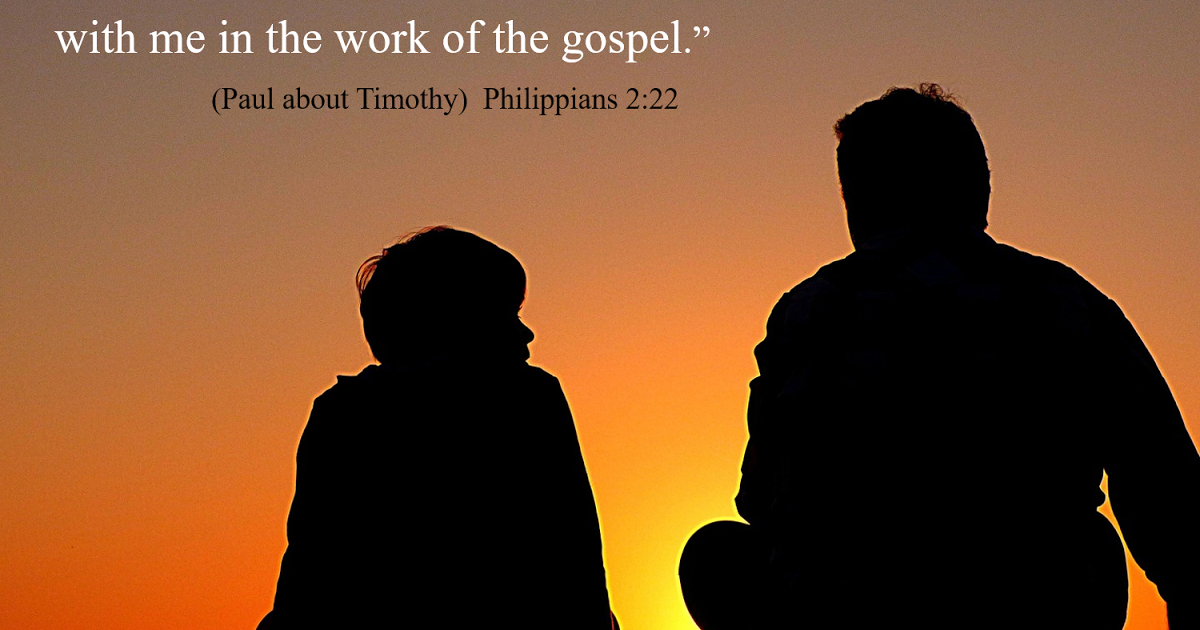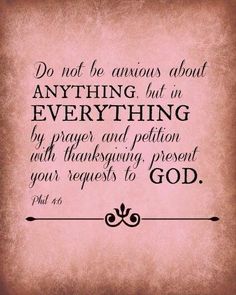God Says, “Don’t Be Afraid!”

Jeremiah 1:4-10 (1:5) – August 24, 2025
Babies can be wonderful. The coming of a baby into the world is certainly a big event, with all the attendant hustle and bustle, all of the excitement and exhaustion. With all the babies that have been born into this world over the millenia, we’re going to look at one baby in particular … the prophet Jeremiah.
Here in the first chapter of Jeremiah, we can take a peek at God’s perspective on the birth of a baby. When we look at verse 1:4, the LORD is saying to Jeremiah, “Before I formed you in the womb, I knew you.” Wow. God knew Jeremiah before Jeremiah was just a tiny group of cells, growing inside of his mother’s uterus. Double wow. The same thing could be said about countless other people, too. God knew me before I was born. The Lord knew everyone in this room, too. It is truly awesome to think about how intimately God knows each one of us.
King David talks about this in Psalm 139. We get another glimpse at how intimately God is acquainted with each one of us. Starting at verse 13, “For it was You who formed my inward parts, You knit me together in my mother’s womb. My frame was not hidden from You, when I was being made in secret, intricately woven in the depths of the earth. Your eyes beheld my unformed substance.” We can see that God surely knows us, far better than we know ourselves.
We are celebrating going back to school this Sunday. God knows each and every student who is returning to school, and I believe the Lord is watching over every school, every training program, and all internships, all over the world. When I prayed the Blessing of the Backpacks, I was thinking of not only the students associated with this church, but all students, across this country and in the whole wide world. Bless each one!
Which brings me back to the young Jeremiah. This is the beginning, the first chapter of his very challenging prophetic book. Our Scripture reading today is Jeremiah’s call story, when he was just a young teenager. He was not even a grown-up! And, God called out Jeremiah for a special purpose, as we can see: “7 But the Lord said to me, “Do not say, ‘I am too young.’ You must go to everyone I send you to and say whatever I command you. 8 Do not be afraid of them, for I am with you and will rescue you,” declares the Lord.”
We can all remember times at school when certain kids were picked on. Perhaps even you or a friend or brother or sister of yours was called names! Usually, to establish some sort of pecking order in the classroom. “Still, most name calling makes people look ‘less’ in the eyes of people around them.” [1] What were – what are – some of those names? Sadly, I can identify some of the names, like wimp, bully, jock, geek, baby, sissy, cry-baby, bird brain, smarty pants, etc. that are hurled at others.
Just think of how differently people look and feel when we say instead “child of God.” Because, that is exactly what each of us is! Each one of us is a unique creation of God, and each one of us is fearfully and wonderfully made! And, God knows each of us, intimately!
God mentions all this to Jeremiah, because God was watching Jeremiah from the very beginning. And, God saw Jeremiah even before he was born, and God appointed him a prophet, “This, of course, came as startling news to Jeremiah who, apparently, had not had any previous inkling that this could be his life’s work. Maybe it did not even sound that good to him, either. In any event, he starts to do what any number of divinely appointed figures in the Bible have done: he resists the call. He makes up an excuse.” [2]
We can see that Jeremiah did not feel ready to do what God wanted. “I’m too young. I’m not a public speaker. What could a child like me have to say anyway, and who’d listen even if I tried? No, no, Sovereign God, you’ve got the wrong guy. I’m no one special!”
Be sure that God sometimes calls each of us to do things we feel we are not ready to do or that we are not brave enough to try. That happens in offices, on the factory or hospital floor, in all kinds of classes and just hanging out at school. “When it does, our challenge is to remember what God told Jeremiah: God had given him everything he needed and God would be with him helping him know what to do and say.” [3]
We can see from this Scripture reading that God touched Jeremiah. God put His hand on the teenager. Wow. What an awesome thing, having the God of the universe call on Jeremiah … and to think that God can put His hand on you and on me, too. But—funny thing—God doesn’t always call us in the way that we expect, or in the way that we want God to, but God is always there for us. God is always available to each of us. God calls each one of us, in God’s timing.
Here is an example of an everyday person who was called by God, saw a need, and stepped up to the plate. One of my commentators tells the story:
“Most people I have ever heard speaking of their start in vocations similar to those of Moses and Jeremiah begin not with a burning bush or an audible voice, but with a deep conviction that whatever else they may do, and no matter how they might or might not establish their bona fides, it is the task itself that draws them in. Eula Hall, who describes herself as a ‘hillbilly activist,’ an Appalachian woman with an eighth-grade education and a burning sense of purpose, told me many years ago how she came to found the Mud Creek Health Clinic in southeastern Kentucky to provide health care for the poor: “I looked, and I said to myself, ‘taint right like this, no medical service here, taint right. Somebody needs to act.’ I guess that somebody was me.” [4]
Often now in such a time as this which is like no other many of us have known, we would do well to hear Jeremiah’s call as our own. For God extends not only the call, but also promises to accompany us as we seek to follow. [5] It doesn’t matter our age, young, elderly, or in the middle. It doesn’t matter where we are, at home, school, work, or on the street.
Yes, God called Jeremiah. Yes, God touched Jeremiah. And God calls to each of us today. God was with Jeremiah through the difficult times of his life and ministry, and the Lord promises to be with us, too, through thick and thin, through the difficult times as well as the wonderful times. We can forever be thankful that God is always there with us. Alleluia, amen!
(Suggestion: visit me at my other blogs: matterofprayer: A Year of Everyday Prayers. #PursuePEACE – and A Year of Being Kind . Thanks!
[1] https://worshipingwithchildren.blogspot.com/2016/07/year-c-proper-16-21st-sunday-in.html
[2] https://cepreaching.org/commentary/2016-01-25/jeremiah-14-10/
[3] https://worshipingwithchildren.blogspot.com/2016/07/year-c-proper-16-21st-sunday-in.html
[4] https://www.workingpreacher.org/commentaries/revised-common-lectionary/fourth-sunday-after-epiphany-3/commentary-on-jeremiah-14-10
[5] https://dancingwiththeword.com/the-call-of-jeremiah-still-speaks/








